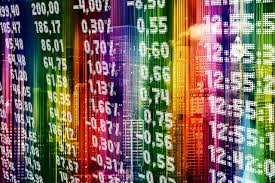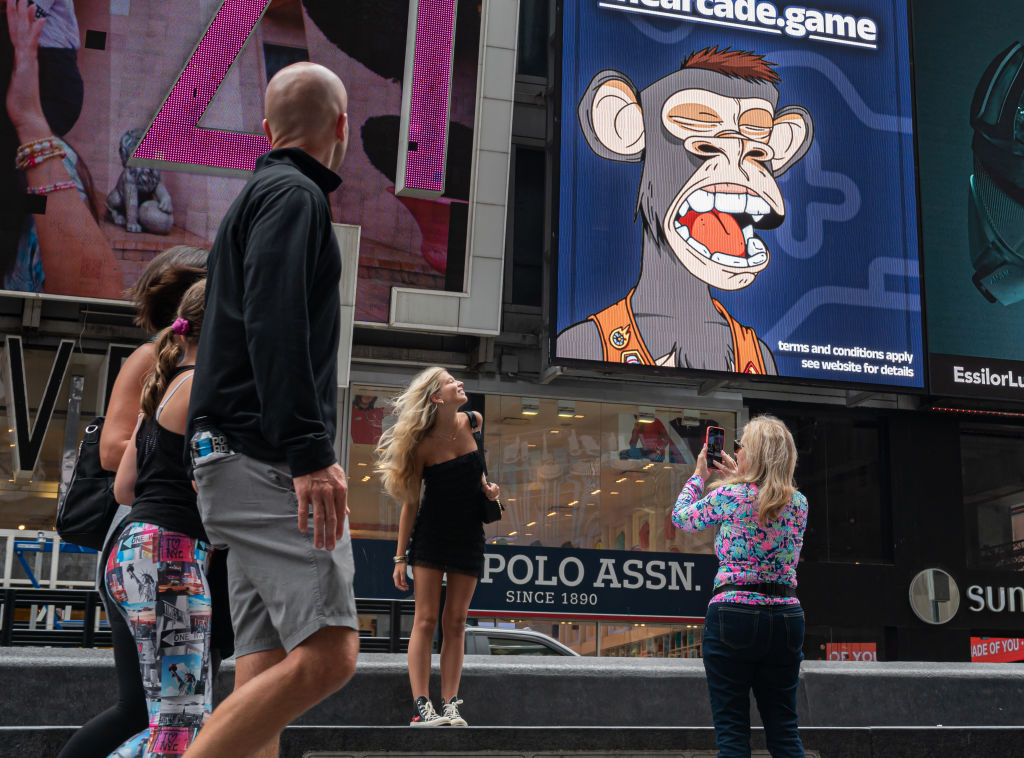Hello!
NFTs are a trendy word in the tech and crypto worlds. But what are NFTs? And more specifically how are they affecting the music industry? Read on to find out more about this hot topic.
What Are NFTs?
NFTs, or non-fungible tokens, are a new form of the digital asset. NFTs are crypto-backed digital tokens, each unique and unable to be replicated.
 They can represent one or more of the following:
They can represent one or more of the following:
- A work of art, whether a painting or sculpture
- A piece of music, like an MP3 file or an AAC file (a compressed audio format)
- An image file, such as a GIF or PNG file
They are not the same as crypto coins, which are fungible tokens (meaning each one is identical to another). NFTs are unique, unlike crypto coins—think of them like rare collectible trading cards.
NFTs are also called ERC 721 tokens because they adhere to the ERC 721 standard for non-fungible tokens created by Ethereum’s open-source developers. The term “fungible” refers to something that can be readily interchanged with something else: If you were asked how many quarters there were in your pocket, for example, you could give an exact answer even if some of them had different designs on them.
NFTs And The Entertainment Industry
NFTs are a new way for artists to connect with their fans. As we all know, the music industry has been struggling a bit lately. Artists have been forced to put out more of their work for free because it’s hard to make money off of just record sales anymore. While streaming services such as Spotify and Apple Music provide artists an opportunity to make money from their music being streamed, these services also restrict how much control they have over how their art is distributed or used.
With NFTs, they can now sell merchandise directly through their platforms, or else they can create limited-edition collectibles that only exist digitally (like a song). It also allows them to offer tickets and invite fans into more intimate experiences like tours or private concerts in their homes—something that was never possible before without having physical goods shipped around everywhere!
3lau Sold An Nft Album For $11.7 Million, While Kings Of Leon Raised $2 Million Selling Theirs With Yellowheart.
Want to know how much money an artist can make from selling a tokenized album? 3LAU sold one for $11.7 million. Kings of Leon raised $2 million selling theirs with YellowHeart.
 YellowHeart is a platform that lets artists create NFT music albums and then sell them on the blockchain through their own websites, social media accounts, or in-person events like Coachella.
YellowHeart is a platform that lets artists create NFT music albums and then sell them on the blockchain through their own websites, social media accounts, or in-person events like Coachella.
Artists attract fans by offering discounts or special access to the tokenized album when they buy it early—a tactic often used by musicians to promote new albums before they’re released publicly.
How Can NFTs Be Used In Music Ticket Resale?
What if you wanted to buy a ticket to a sold out concert? Or what if you had a spare ticket and wanted to sell it to someone else? NFTs can be used for this purpose, too! How? Well, let’s say that Alice wants to sell her ticket for $20. She’ll make an offer on the blockchain in the form of an NFT that specifies she’s selling it and showing that she owns it—just like how Ticketmaster shows ownership when you’re ordering tickets online.
Alice then gets paid by Bob (or whoever), who buys the token off of her at a price set by them both beforehand. In short: No matter who owns the token or how many times it changes hands between Alice and Bob, nobody will ever lose track of which tokens belong where because they are all tracked by immutable record keeping on Ethereum’s blockchain system (and other blockchains). This means that safe resale platforms like Tixel could be even more secure. While news of Taylor Swift and Ticketmaster may have some fans down about ticket sales, NFTs should be hopeful that there’s a new option for fans.
Conclusion
 NFTs provide a new way for artists and fans to connect over music.
NFTs provide a new way for artists and fans to connect over music.
NFTs can be used to reward fans for their loyalty, engagement, participation, and contribution.
While we may not know what the future holds for NFTs and their impact on the music industry, it does seem like they are here to stay.
Musicians have been embracing them as a way to promote their work and make money from ticket resales, but there has also been much debate surrounding the legitimacy of these platforms. With so many questions still unanswered about how this new technology affects musicians – or even if it will at all – it looks like we’ll have some time before anything concrete comes out!
Also read:
- QUASA Puts a Provable СheckMark of Authenticity on ANFTs
- How Is Safe Two Factor Authentication(2FA) Exactly?
- What is Duplicate Content?
- New Marketplaces Added to QUASA NFT
Thank you!
Join us on social media!
See you!






